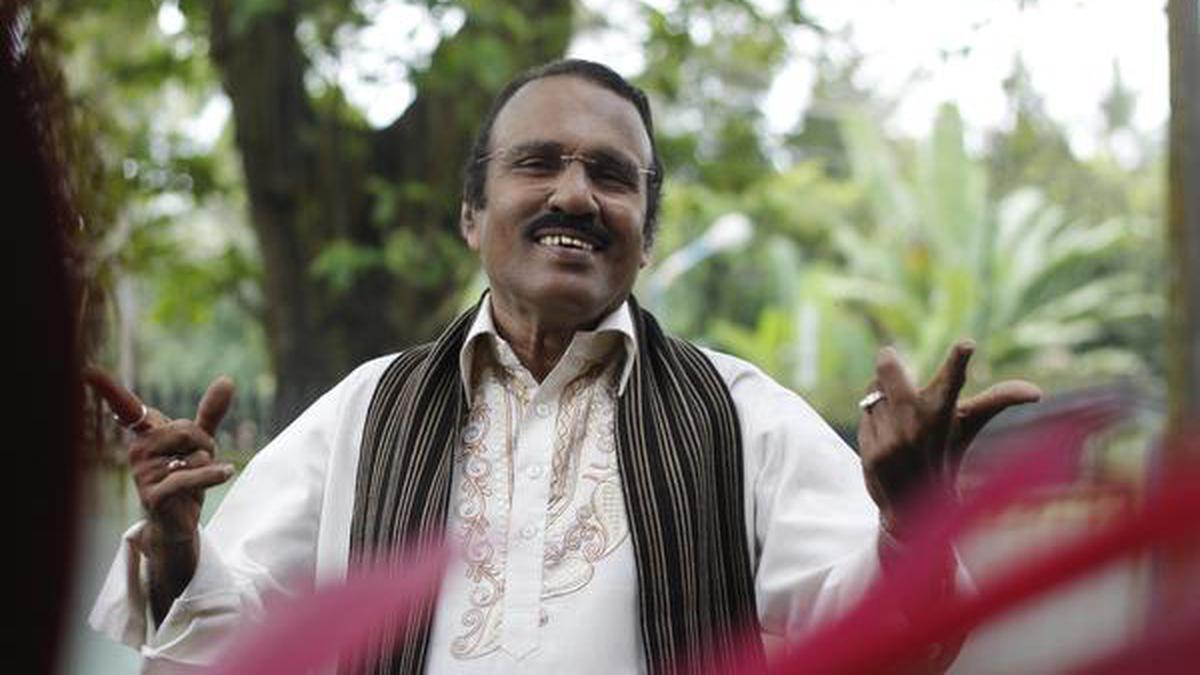
Kerala’s growing fondness for ghazals
The Hindu
Malayalam ghazals blend traditional poetry with contemporary melodies
When you utter the word ‘ghazal’, what comes to mind are the timeless verses of Mirza Ghalib and the haunting voices of Mehdi Hasan, Farida Khanum, Ghulam Ali, and Jagjit Singh. Ghazal is a celebration of both poetry and music. This musical form, whose popularity is limited to the North of India, has been facing challenges and struggling to draw audiences. But in the recent past, it has managed to cross boundaries to enter an unfamiliar terrain — Kerala. Its growing acceptance in this southern state, dominated by Carnatic music, must be credited to musician-composer Umbayee. Known for his unique style of singing, he not only introduced ghazal to music-lovers in Kerala but also began writing ghazals in Malayalam.
But Umbayee’s decision to compose ghazals in Malayalam did not find favour in the music industry, leading to many poets refusing to write for him. They felt the genre may lose its original flavour. These arguments did not deter Umbayee, who felt emotions of love and heartbreak are universal and can be expressed in any language. He singlehandedly established the form in Kerala. Artistes, who later took to ghazal singing were only following his footsteps.
According to ghazal singer Raaza Razaq, in Kerala the form may not strictly follow the ghazal format such as radif (each couplet ends on the same word or phrase), qafia (repeating pattern of words) and Maqta (last sher in a ghazal), but people have began to enjoy the emotions expressed in the poetry.” Raaza will soon be releasing an album with ghazals that reflect his personal thoughts.
Musicians such as M. S. Baburaj and P. Bhaskaran have also contributed to this musical trend. The appeal of their ghazals lie in the use of Hindustani raags.
Sunitha Nedungadi, known for her adaptation of poetry by Sugathakumari, Vayalar, and P. Kunhiraman Nair to ghazal, feels the form has moved from love and spirituality to contemporary issues. As for translating ghazals from Urdu and Farsi to Malayalam, Sunitha thinks the essence of the poetry might get lost in translation.
Earlier, ghazal singing was accompanied by harmonium, tabla, sarangi and oud. Later, other instruments such as flute and guitar were included. As singers began to use works of modern poets, the music composition gained a contemporary sensibility. This musical rendition of poetry before to a live audience not only communicates the meaning of the lyric but also the energy and mood of the singer. “Ghazal is the language of the heart,” says Ahmed Mueenudheen, a ghazal lyricist.
Malayalam ghazals embody simplicity in language and expression, channelling the poet’s thoughts and emotions. Sometimes colloquial expressions and words are used for a wider reach. Ghazal has transcended linguistic barriers to find resonance in a new cultural setting.











